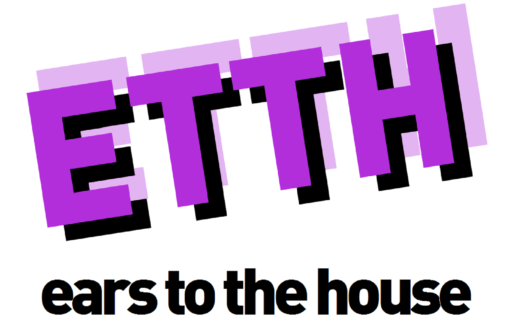
This blog firmly believes that Spotify hates the artists and labels signed up to its platform. Their incessant attempts to reduce the amount of royalties they pay out, plus ongoing legal battles to stop themselves from having to pay more tell me all I need to know about this heartless company.
Last year, Spotify’s boss Daniel Ek announced he was going to invest €1billion of his own money. As he’s obviously entitled to do, having made it off the backs of musicians who don’t even earn enough from his site to pay their rent. But the bit which raised eyebrows everywhere was where he was going to spend it.
You see, he wasn’t going to splash his cash on musicians who desperately needed more help amidst a pandemic which had robbed them of numerous opportunities to earn their daily crust. No, he’d decided he wanted to splurge a billion on upcoming technology companies. That’s some way to thank the musicians who made you what you are today, Daniel…
Nothing much has happened since – until Ek mentioned he’d made his first investment of €100million into a company called Helsing AI. The purpose of the company appears to be to deal with things like cyber attacks, by collating information from numerous sources and assessing it in real-time. The idea is to allow quicker decisions to be made.
At which point, I can’t help but wonder if Ek has walked into the kind of future moral quandary even Helsing AI couldn’t help him with. First of all, this company says it helps “liberal democracies”. How do they assess what a liberal democracy actually is, and what happens if a less scrupulous regime wants to get on board – would they say no to working with them?
Secondly, the company claims the information could be used for what it defines as “kinetic” situations. What does this mean? Are they saying governments could use the data to make pre-emptive attacks on other states, and what kind of attacks could these be? Or are they saying it could be used in a war situation where you have troops on the ground? It’s not exactly clear.
And thirdly, artificial intelligence is precisely that – artificial. I’m no expert here, but I sense that artificial intelligence is one of those things that, as human beings, we don’t fully understand. Infact, because it’s what we define as artificial, it might even be possible we can’t entirely understand it.
It’s not just me saying it – Stephen Hawking said back in 2014 that “The development of full artificial intelligence could spell the end of the human race”. And Elon Musk has warned in the past that artificial intelligence is “our biggest existential threat”.
Doubtless, however, that Ek does not agree with such a take. Still, I can’t help but wonder what Spotify’s staff – who aren’t known for being shy and demure when it comes to expressing their views – think of his latest venture on the side.
And questions must surely be asked about who advises Ek. Whilst the final decision was clearly his, did no one at any point suggest it might not be a good idea for a man who made his money out of music – count the number of anti-war songs versus pro-war songs – to invest in a defence company.
Helsing AI appears to make very much of the fact they consider themselves an ethical company. Exactly how ethical they will be remains to be seen – but if I were Daniel Ek, let’s just say I’d be keeping a very close eye on this promise…




